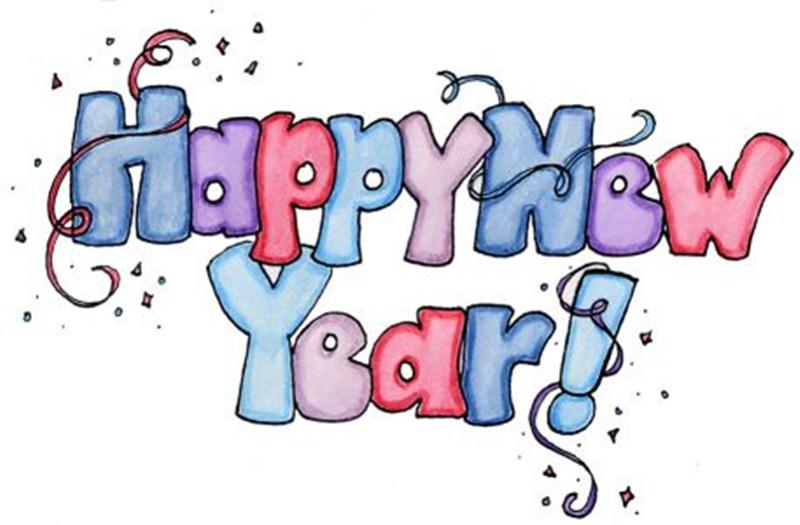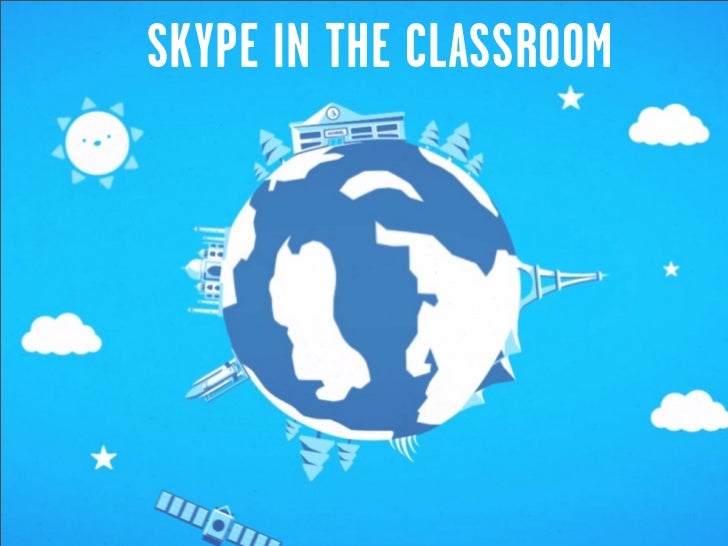With the start of 2015 comes more work in the form of
teaching the infants in the afternoon. I actively seek challenges and working
with a class of 2 and a half year old's to 7 year old's when I am junior trained
certainly is one! In all seriousness I was conscious last year that I had a lack
of experience in the foundation phase and so when the opportunity arose I was
quick to volunteer to cover the class. That experience last year limited as it
was set me in good stead for covering the class this term and although still
learning every day I do now feel comfortable teaching in the foundation phase.
I do hear teachers in primary state that they are afraid or
lack confidence teaching in the foundation phase when they are primarily junior
teachers and vice-versa however I also feel that embracing the challenge of
teaching lower down or further up the school can help you develop as a teacher.
I have now taught/covered lessons/coached learners from two
and a half through to nineteen across all four key stages in the six and a half
years I have worked in education. This has led to a wealth of experience and an
ability to adapt to learners needs that is vital throughout education. I am
also sure that I made the right choice a few years ago changing my focus from
secondary to primary education.
Teaching in the foundation phase is great fun and I feel I
am making a real difference to learners education something that I didn’t feel
i was doing as much when working in secondary. It is lovely to work full time
and be able to spend some time teaching every learner in the school.
Although I have only been teaching in the foundation phase a
couple of weeks I feel I have already learnt a few lessons that impact upon my
practice.
1 Lesson 1 - Keeping learner’s attention in the foundation
phase is hard!
In the staff room yesterday a colleague told me that you
often feel the learners in the foundation phase are about to switch off and
stop concentrating when you are talking to them. This is certainly true and
therefore it is important to have strategies to get them engaged, keep them
engaged and to be concise and easy to understand when they are engaged. One fun and effective stratergy I picked up
working in a SEN resource was bad sitting. When the teacher calls bad sitting
learners are required to sit in a variety of silly ways until the teacher calls
good sitting they are then required to sit in the correct manner. The learners
in the foundation phase I have been working with really took to this and
although some still need prompting to listen it has helped with their attention.
Lesson 2 - Learners in the foundation phase tell it like it
is!
Although the learners I teach in KS2 will show signs of
disengagement I have found that learners in the foundation phase have no
problem telling me that what they are doing is boring or “not fun”. This honest
feedback is useful though as it means you can adapt your lessons to try to make
them more engaging sometimes on the spot. Thankfully this honesty is
counterbalanced by a great desire to please and learner in the foundation phase
seem to be great at paying compliments (a boy in year 2 said thank you to me
for teaching him!) which is good for morale!
Lesson 3 - Photo’s are important for showing what work
learners have done.
We have recently bought a new floor book for the foundation
phase and it is quickly becoming a useful resource in collecting evidence of
learning especially practical activities. I am keen on photo collage’s
something I saw in a foundation phase moderation meeting while on training
practice as an effective and interesting way of displaying practical work. I do
however feel that the floor book requires greater involvement from the learner,
perhaps words and pictures they associate with the learning along with clearly
displayed learning objectives.
I am thoroughly enjoying teaching in the foundation phase
and I hope that I can spend plenty of time teaching in that phase in the
future.









